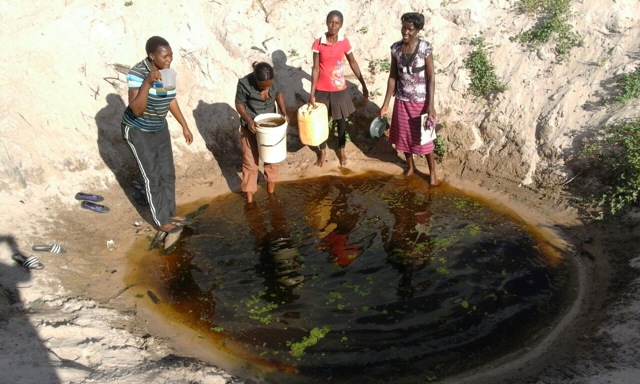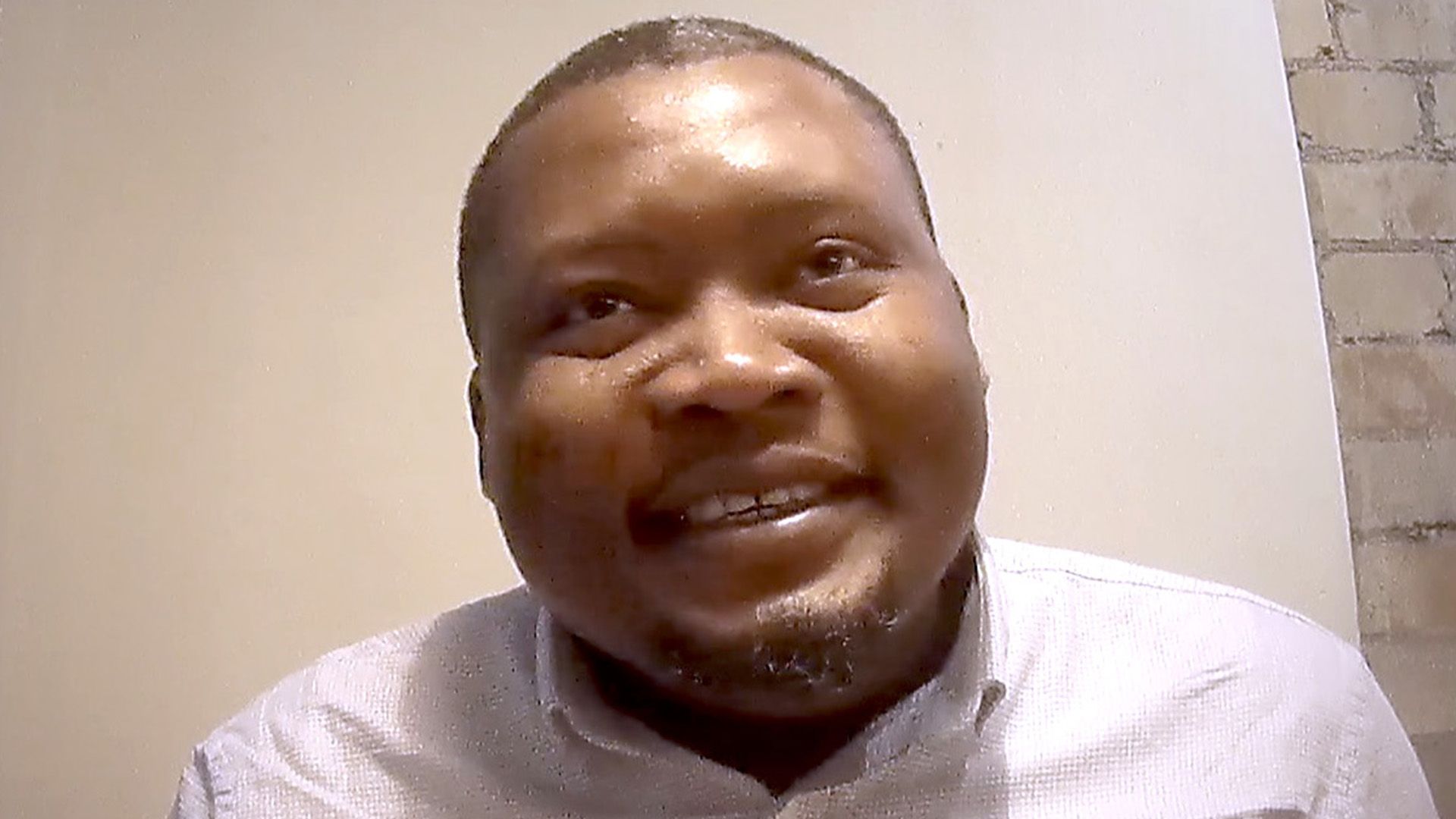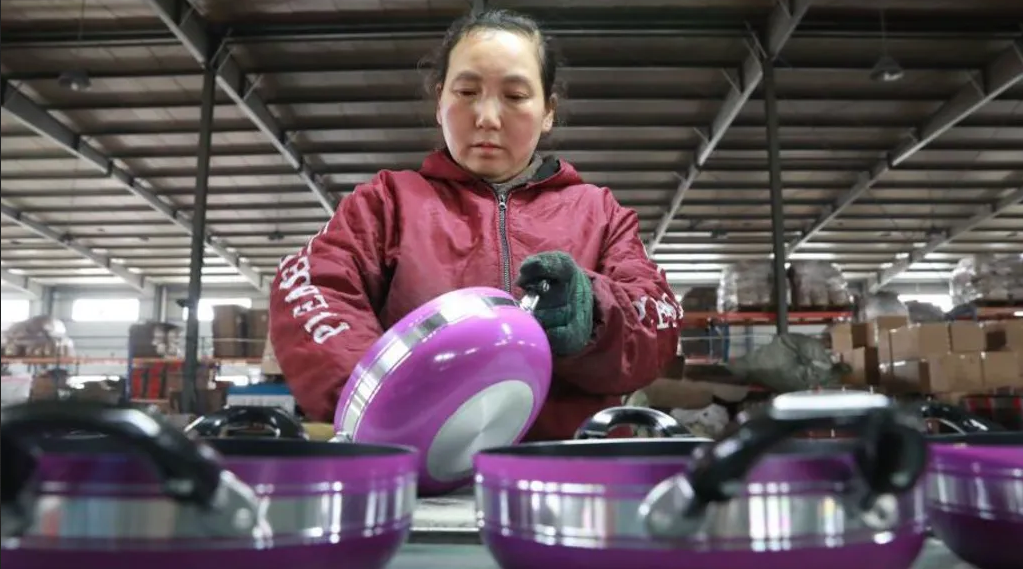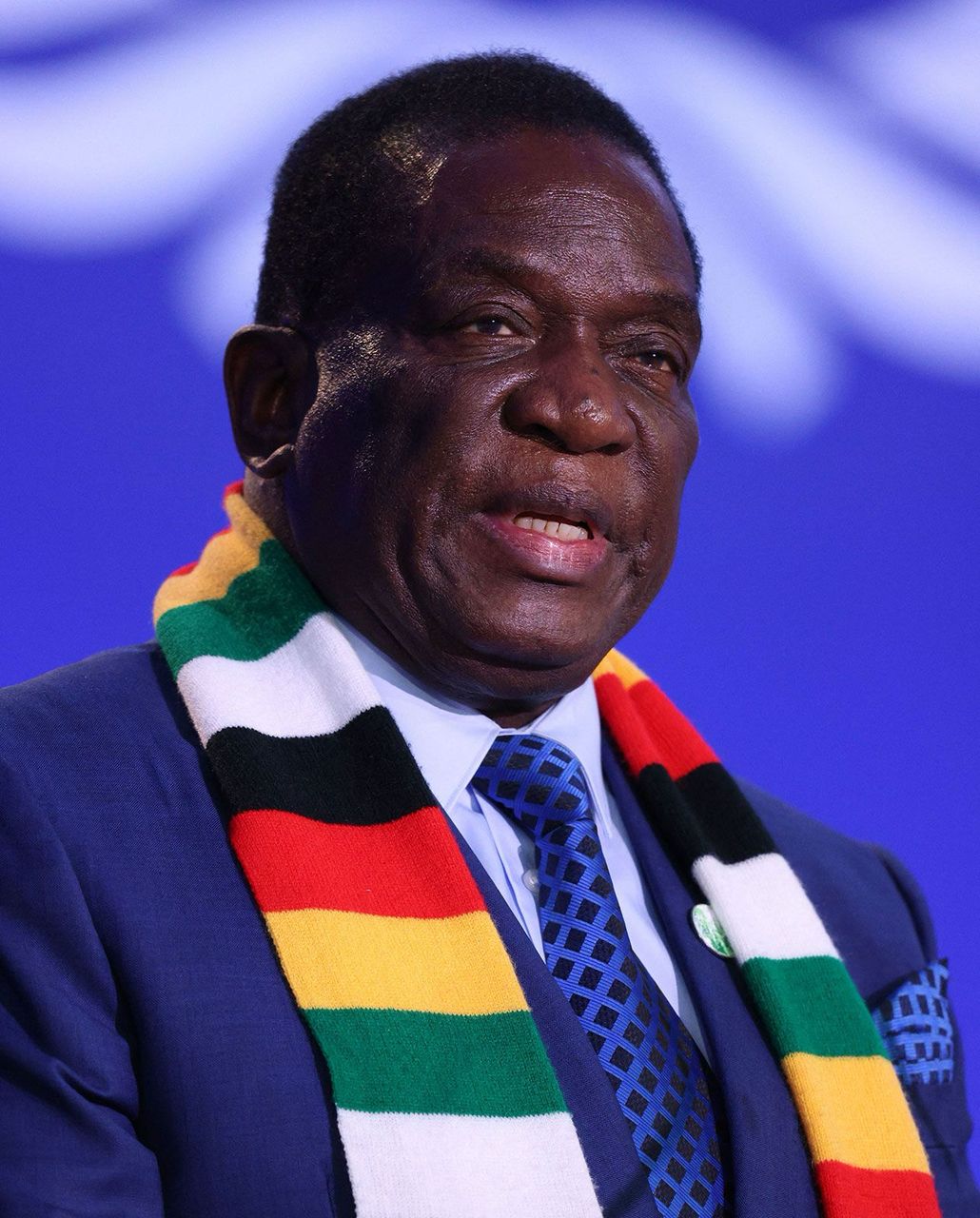MOTORISTS intending to visit the Ohenghono-Ohamikoka village in the Epembe constituency of the Ohangwena region have to leave their vehicles two kilometres away and walk the distance because the road is impassable.
This is one of the many challenges that the people of this area have to put up with in their lives.
Although most people have mobile phones, they still need to climb up tall trees to get network reception, and women have resigned themselves to drawing drinking water from the same source with livestock.
And as if that is not enough, the water is from unprotected shallow wells where algae and an assortment of other objects float.
visited the village on Tuesday, and most of the inhabitants said they are still waiting for the fruits of independence, 26 years later.
One of the villagers, Evelina Hamutenya, said Ohenghono-Ohamikoka and many other villages east of the Elundu Okankolo main road have not had access to clean water since independence. She also said they do not have electricity, usable roads or communication networks while the healthcare facilities are far.
“We are very loyal to our government. We take part in every election, hoping government will hear and listen to our cries. So far, we have not enjoyed the fruits of our independence like other Namibians have,” Hamutenya said, adding that the wells they depend on are drying up.
Most of the boreholes that were drilled in the area have salty water which is only used for the animals, she said. The boreholes have also dried up because of the drought.
“We are lucky that we have not contracted diseases like cholera because we are very much vulnerable to that situation,” she stated.
The Namibian found Lydia Shimbili, Theopolina Ndongo, Elizabeth Nehepo Shimbili and Eunice Sakaria fetching water from one of the shallow wells.
Shimbili was not happy with the lack of a communication network in the area, and said they had asked their constituency councillor Fillipus Shikongo for help, but nothing had come of that effort.
“If people become sick, for example, and you want to call someone with transport, you cannot reach them. Our cuca shops and shops are broken into by thieves. You cannot call the police because there is no network. We are trying to solve our problems, but it is very difficult to do so,” she lamented.
The other women said they used to boil the water before use, but they have given up because they are tired of doing it every day. They said they have approached their leaders for help, but to no avail.
“People need food aid because the mahangu will wilt due to a lack of rain. We are urging the government to start thinking about us on this matter too,” they said.
The Namibian also spoke to brothers Fillemon and Johannes Kambode of the Onhinda village, who had to climb up a tree to get better network reception in order to call a relative at Eenhana.
“We are used to this. We have to climb trees in search of network reception. It is difficult, but we have no other way. All the people in the villages are doing it,” one of them said, adding that the government should help them to solve these problems.
Shikongo admitted that the villagers are suffering, but said they must be patient since he is new in office.
He said although there were some villagers facing problems, others now have clean water, enjoy good network coverage and have access to education and health services.
He said villages such as Ekuma, Okuuya, Iikelo, Etambo la Mushi Onamogani, Othilku, Etapa, Oondunda, Onamvula A, Onamungonzi, Omuhongo, Omalambo, Onanyati, Ombaba, Oshamono, Okahwandada, Oshiweda, Egongo, Onaame, Omushuwa, Eenheni, Omufiya wa Amutenya wa Shiweda, Ohamwiimbi, Okakwena, Onhinda, Ohamatundu Omevataahekele, Okamwandi, Onangolo, Onamundidi were enjoying some of these benefits.
“I must tell you that we have tried our best to satisfy the needs of our people in this constituency. Many of the villagers have access to clean water and are enjoying good network reception, education and health services, although some people still have to walk long distances to access these,” said Shikongo.
He said they were also working with the agriculture and defence ministries to give serious attention to villages where there are no services.
“I know there was little rain this year, and we will transport clean water to communities as a matter of urgency,” he said.
Shikongo added that his office has already approached the Namibian Broadcasting Corporation to provide radio and television services. He said plans to electrify the areas are likewise in the pipeline.
Stay informed with The Namibian – your source for credible journalism. Get in-depth reporting and opinions for
only N$85 a month. Invest in journalism, invest in democracy –
Subscribe Now!










